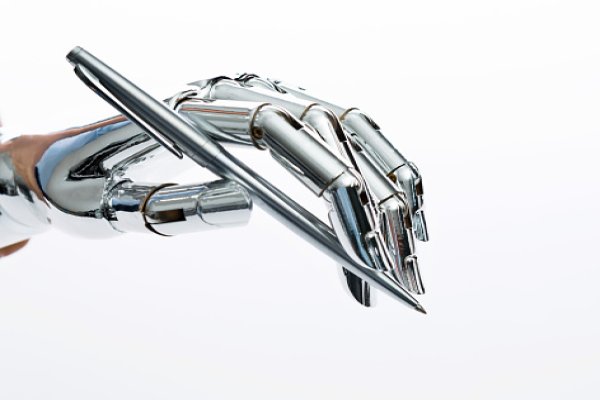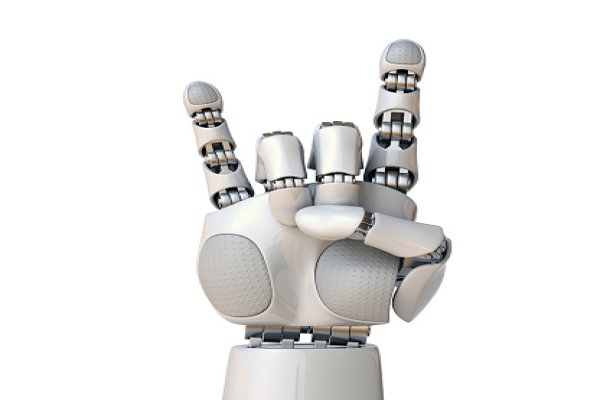Mondli Gungubele, communications, and digital technologies minister, announced that Tshwane University of Technology (TUT), joining the University of Johannesburg (UJ), will establish an Artificial Intelligence (AI) hub. This will be the second such institution to do so.
The AI Institute of South Africa (AIISA) is being developed through collaboration between the government and academia by the directions provided by the Presidential Commission on the Fourth Industrial Revolution (PC4IR). For this purpose, The TUT AI hub has been created as part of this joint effort.
The TUT AI hub will provide a common meeting point for research, development, and implementation of AI applications, targeting a broad range of areas that include healthcare, agriculture, finance, mining, and manufacturing sectors and for the government. Much like the UJ’s hub, it seeks to advance knowledge in this field.
The newly-appointed communications and digital technologies minister Mondli Gungubele made his first public engagement at the launch event on Friday, where a new e-tolling system was introduced to South Africa. The introduction of this innovative system marks an important step in the country’s modernization journey.
Tinyiko Maluleke, Vice-Chancellor and Principal of TUT described the AI hubs as a “foresighted” initiative for the country during the event. He further expressed that it is one of the most innovative initiatives from South Africa.
Tinyiko Maluleke says:
“With AI becoming ubiquitous as machines learn to learn more like human beings, philosophic debates about 4IR have been rendered obsolete.
“When it comes to 4IR, the appropriate slogan is ‘feel it, it is here’. It is in your office, it is in your home, in your car, in aeroplanes, in your wrist watch and in your hands.
“Of all the eight recommendations contained in the summary report and recommendations of the PC4IR, the proposal to establish the Artificial Intelligence Institute of South Africa is by far the most strategic. It holds the greatest potential for economic impact.”
It is an honor for the Tshwane University of Technology to be amongst the first two higher education institutions chosen to host the AI hubs, noted Maluleke. This highlights the university’s commitment to growth and success in this technological age.
Tinyiko Maluleke went on to say:
“By hosting the TUT hub of the AI Institute of South Africa, we as TUT are playing our part in the founding and shaping of the agenda of AI development in the country.
“Guided by the DCDT [Department of Communications and Digital Technologies], TUT and UJ will map the terrain, shape the discourse, activate the fundamental building blocks and help young South Africans to be excited about AI, as well as help the country to take charge rather than become victims of rapid technological development in AI.”
UJ and TUT are the first institutions to collaborate to realize the future envisioned for South Africa and the continent, as recognized by Gungubele. Higher learning is considered vital for this purpose, promoting that such collaboration will become necessary.
Tinyiko Maluleke continues to say:
“The general application nature of artificial intelligence in relation to South Africa is envisaged to influence digital innovation in four areas: predictive, analytical, diagnostic and automation nature.
“The launch of the TUT hub follows the successful launch of the Artificial Intelligence Institute of South Africa and the first hub at the Johannesburg Business School.”
Each hub is linked to an economic sector that can be maximized with AI and a series of projects to act as catalysts. Such sectors range from labor, energy, and land use management to finance, infrastructure, and education.
The UJ hub specializes in various industries and sectors, including the manufacturing value chain, retail, fintech, digital mining, energy, digital banking, identity, and criminal justice.
The TUT hub is connected to automotive, farming, food production, 4IR manufacturing, tourism, healthcare, transportation, and telecommunications. It serves as an important conduit for development in these sectors.
Gungubele says:
“I just want to remind all of you that the adoption of AI is aligned to the recommendation of the Presidential Commission on the Fourth Industrial Revolution report of 2021.”
“The power of AI starts with people and intelligent technologies working together within and across company boundaries.
“When it comes to AI, policy-makers must do two things at once: manage the fears about the impact of AI on society, while encouraging innovation.”
The analysis conducted by the department revealed that by 2035, Artificial Intelligence (AI) could add an estimated $250 billion or 15% gross value to South Australia’s economy.
Gungubele went on to say:
“Government has a key role to play, particularly in opening data to small enterprises. Large corporations might not have the resources to accumulate a critical mass of data.
“AI will be more beneficial to humanity if governments follow a set of guiding principles on responsible AI.”
Universities and other educational institutions must stay ahead of the curve as the AI industry grows and evolves. The Tshwane University AI hub is a powerful example of how universities can take the lead in this regard, providing students and researchers with the resources they need to shape the future of technology and drive innovation in the years to come.
Source: ITWeb



